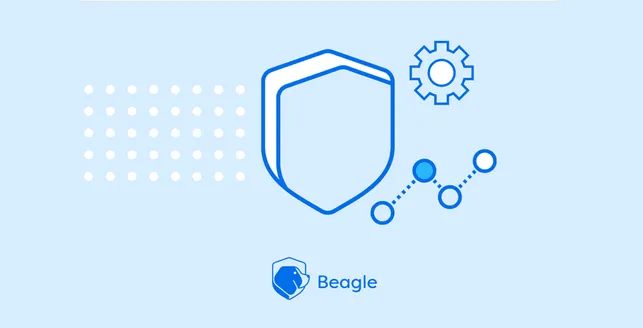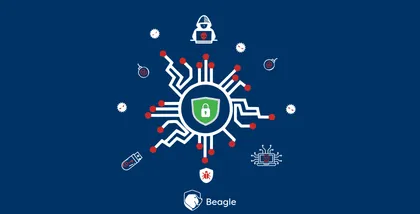
Web applications offer convenience to businesses and customers alike, helping organizations to cut down on costs and allowing users to avoid complex installations and updates.
The ease of access also makes them a popular target for cyber-attackers. Thus, web application security testing is indispensable to cut down cyber-risks.
Manual web application penetration testing can be both time-consuming and expensive.The skill gap in cyber security also adds to an organisation’s woes. That’s where a solution like Equip can help you with automating the skill assessments for hiring.
Automating web application security testing can help reduce human errors and also reduce the cost factor.
Speed of execution and remediation is crucial for web application security. If you’re not taking advantage of the ability to automate parts of your security scanning procedure, you are at a serious risk of leaving your web apps vulnerable.
Developers put all their energy into perfecting the application, and they tend to cut corners on security testing. Automating web application security testing helps to take the burden out of the developer’s hands and fix flaws earlier in the software development life cycle (SDLC).
Advantages of Automating Web Application Security Testing
1. Massive Test Coverage
Manual penetration testing cannot possibly cover all the test cases due to time constraints, and it is not easily scalable. Besides, you’re also at the risk of limiting the penetration test to a certain number of vulnerabilities known to the penetration tester.
An automated web application security testing tool such as Beagle Security can check all parameters against all types of web application security variants and analyze multiple different payloads for a single test.
2.Accuracy of Test Results
Monotonous work can kill productivity, which in turn may produce duplicated efforts and severe web application vulnerabilities can go unnoticed. These days businesses have multiple web applications and manual testing them can affect the accuracy of the test results.
Humans, unlike a web application security testing tool, may forget to scan an input parameter or execute different variations of a specific attack.
3.Schedule Security Tests
Web application security testing tools are good at finding vulnerabilities quickly and systematically. Scheduling security tests make your process more efficient. This allows you to focus on accelerating remediation and fixing flaws cost-efficiently.
You can schedule tests on a weekly or monthly basis on Beagle Security and integrate with tools like Slack, JIRA or Trello to keep track of test results.
If your business stores customer data- like credit card numbers and personal information, you should be testing it frequently to keep a check on security vulnerabilities.
Automating security is not just about saving time and money, it allows you to implement a repetitive process designed to efficiently reduce the vulnerability of your web applications- letting both software and humans do what they do best.
When you’re running a business and rely on web applications for convenience, automating web application security testing is the most practical choice for long-term cybersecurity and sustainability.













